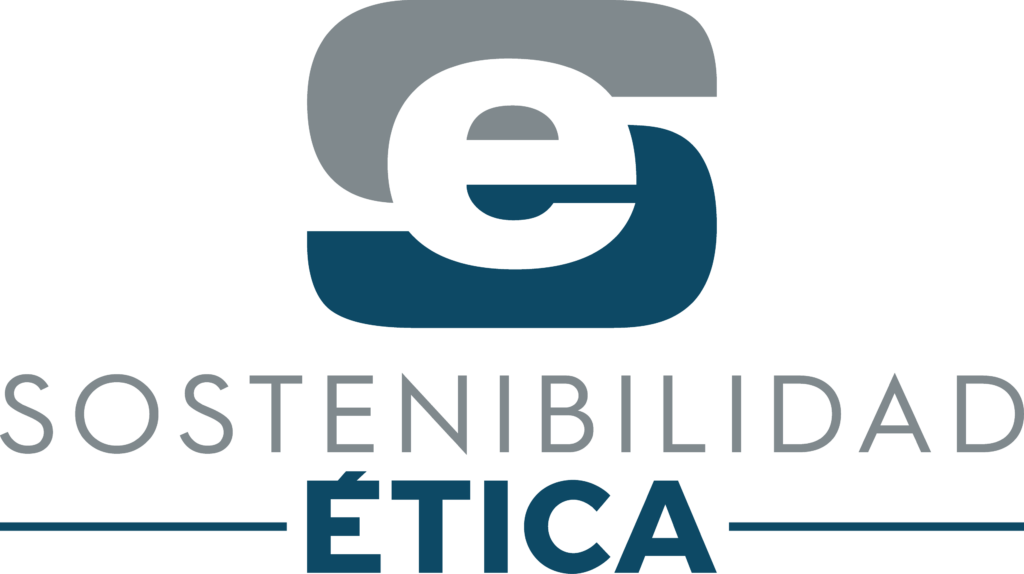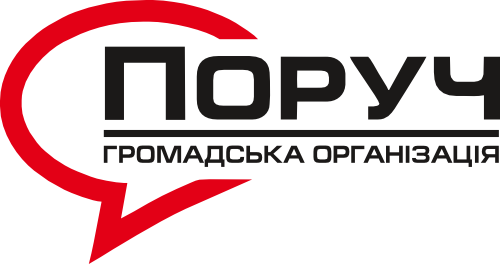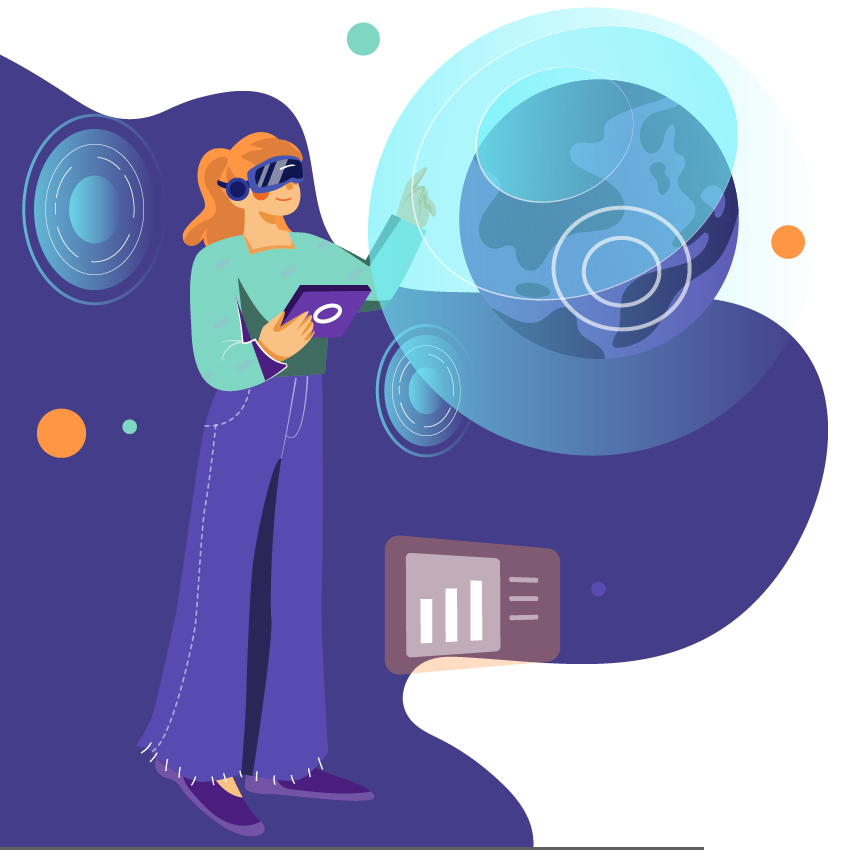girls go circular
About the Project
Learn by doing!
The project’s methodology is based on a learning-by-doing approach which engages students in different activities such as online research, entrepreneurial role-plays or challenge-based exercises.
The skills developed align with the EU Digital Competences Framework 2.2 (DigComp), the European Entrepreneurship Competence Framework (EntreComp), and the European Sustainability Competence Framework (GreenComp).

The project’s online learning platform – Circular Learning Space – offers the participating students the opportunity to:
Acquire knowledge on the circular economy
Gain insights into the steps taken by businesses towards the circular economy
Improve their digital and entrepreneurial skills
Come up with their own solution to societal and environmental challenges
Addressing Societal Challenges

A Circular Economy for Smartphones and Electronic Devices

Circular Economy of Food in Cities
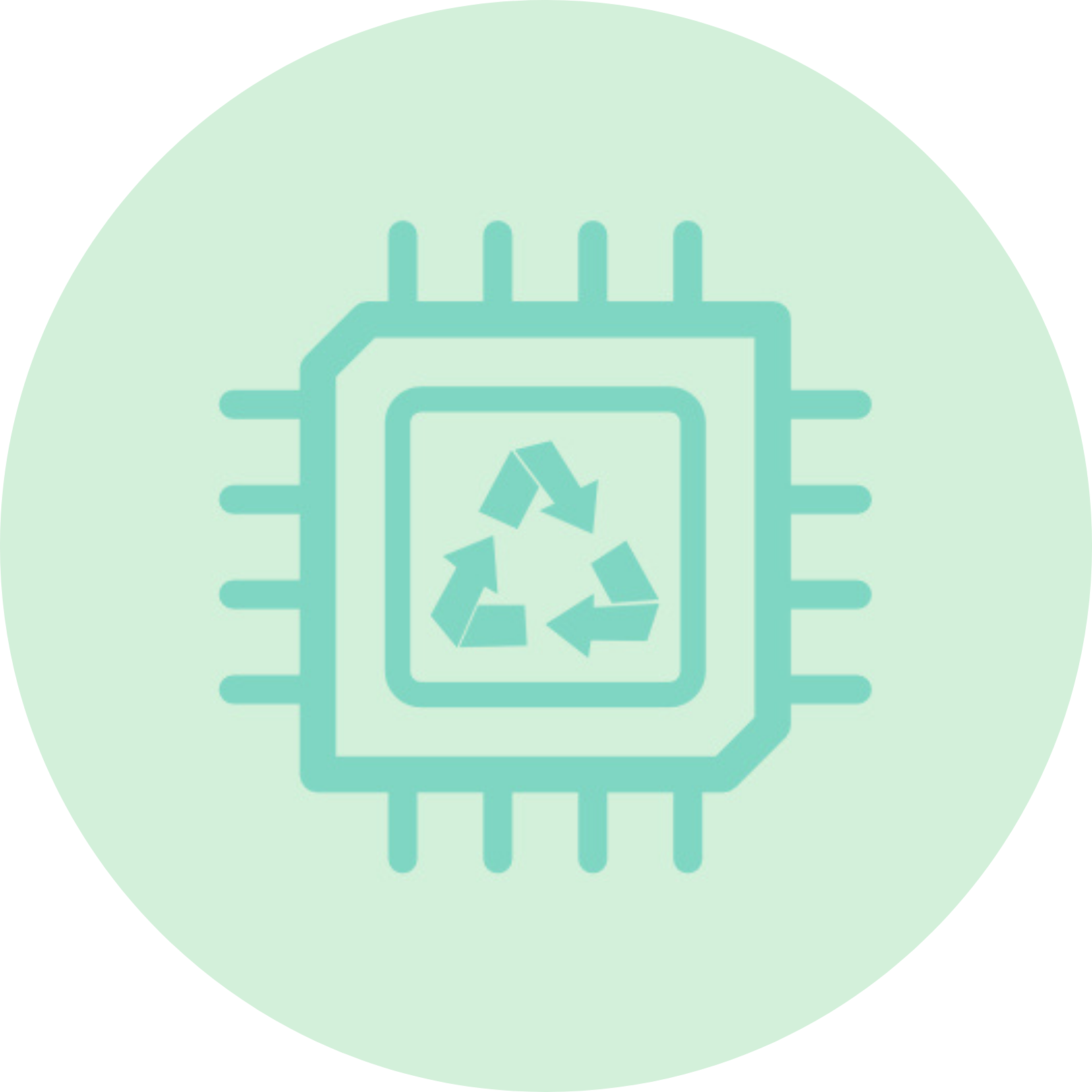
E-waste and the Circular Economy
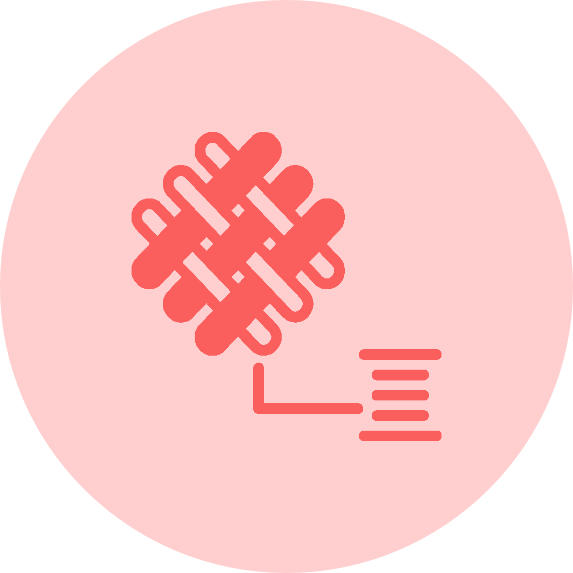
Fashion and the Circular Economy
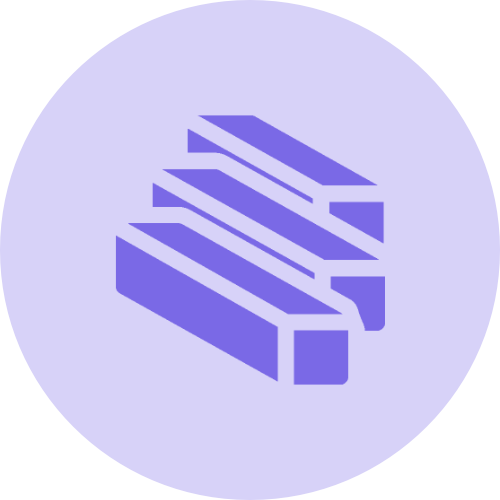
Metals and the Circular Economy
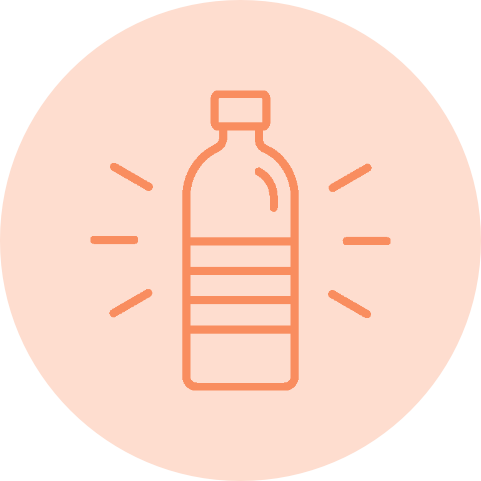
Rethinking Plastics

Robotics and the Circular Economy





